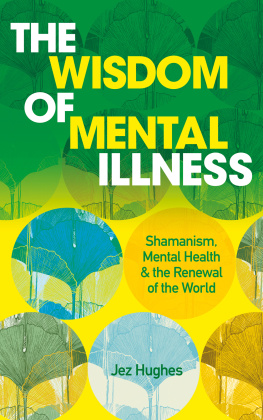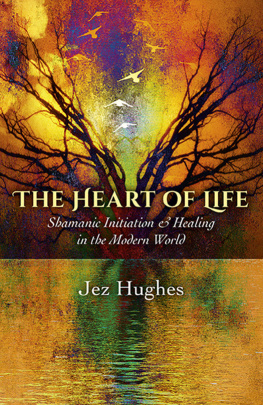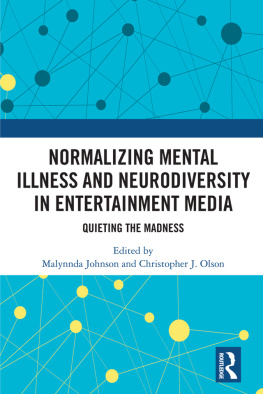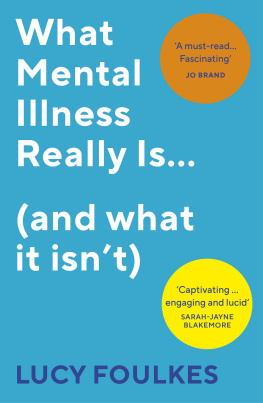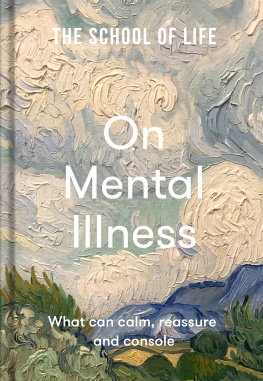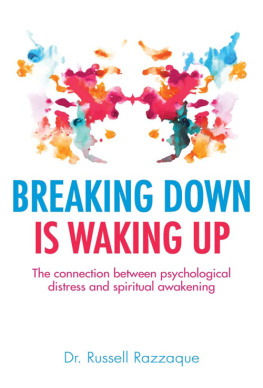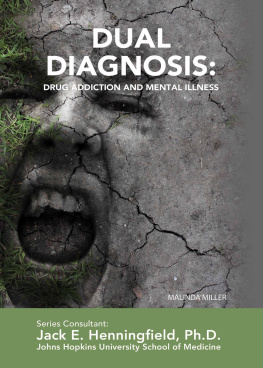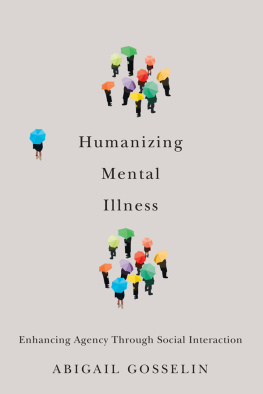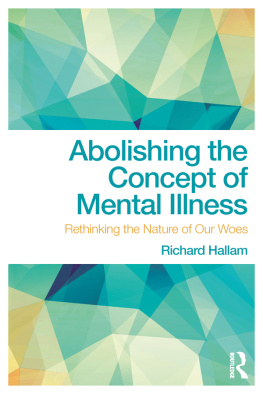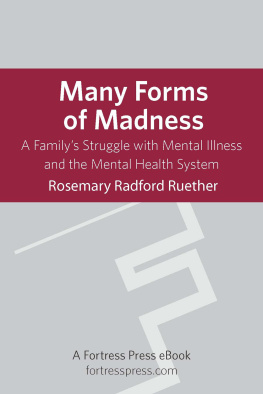
PRAISE FOR THE WISDOM OF MENTAL ILLNESS
Jez Hughes brilliant and comprehensive new book helped me understand many of the observations I made while documenting tribal and indigenous cultures worldwide. Most of the visionaries and healers (aka shaman) I met had experienced a shamanic sickness that often included a feeling that they were dying or being dismembered during their initiation. Hughes methodically explains, and backs up with current neuroscientific research, that the sense of self is being lost.
Hughes clearly explains what traditional support looks like and asks us to imagine if this understanding this Wisdom was not only brought to those considered mentally ill, but to all of us living in cultures consumed with the demands of individual wealth, status and power.
Phil Borges, social documentary photographer and director of the award-winning film Crazywise
It is with perfect timing in an unprecedented pandemic of mental health concerns that Jez Hughes latest book arrives. It is an essential read as he invites the reader to critically review the past in order to create a healthier future within Western communities.
Jez presents a robust and authoritative argument for Western society to reconnect to the history of shamanic ritual, practices and cultures. Through challenging the suppressive and often manipulative attitudes and practice that have evolved concerning mental health treatment, you are awakened to new insights towards contemporary mental health issues. I found this book exciting, thought provoking, encouraging and forward thinking. I personally endorse this book and his wisdom in the shamanic ways to healing mental dissonance and trauma in the 21st century.
Dr Carol Lloyd, PhD, psychotherapist and senior lecturer in counselling and childhood studies
A grounded, well-argued and finely illustrated account of the need to update our current paradigms of mental health to more holistic and compassionate approaches that have the courage to stand next to the pain and support its journey of growth. A very significant contribution for depth, relational and spiritual approaches to mental health.
Maria Papaspyrou, psychotherapist and co-director of the Institute of Psychedelic Therapy
A unique read written by a unique individual with candour and deep humility. For those of us deeply committed to honouring all peoples and multiple perspectivism, Jez has given us a heartfelt and whistle-stop trip through his professional hands-on and personal feet in the soil knowledge.
James Clifton, psychotherapist and lead facilitator at the Synthesis Institute
This book is a call to action. A vital and necessary read for anyone wishing to break free from limited beliefs and mental health problems, and to adopt new tools and a whole new way of life that places connection to ancestors, nature, spirits, community and land at the centre of their own universe.
Marc J. Francis, director of Walk with Me
At a time when mental health issues are considered endemic, Jezs book is a much needed call to transform the stigma of mental health challenges and find a framework to support positive outcomes, that has the potential to bring so much to our society. It reminds us that our mental health doesnt happen in isolation and that our impact on and relationship with the natural world are intimately intertwined with our mental wellbeing. It invites us on this path of reconnection that is so needed for individuals and our society at this extraordinary time.
Howard Johns, renewable energies engineer, social entrepreneur and author of Energy Revolution

To all those suffering with their mental health
The Wisdom of Mental Illness
Jez Hughes
First published in the UK and USA in 2021 by
Watkins, an imprint of Watkins Media Limited
Unit 11, Shepperton House, 8393 Shepperton Road
London N1 3DF
Design and typography copyright Watkins Media Limited 2021
Text copyright Jez Hughes 2021
The right of Jez Hughes to be identified as the Author of this text has been asserted in accordance with the Copyright, Designs and Patents Act of 1988.
All rights reserved. No part of this book may be reproduced in any form or by any electronic or mechanical means, including information storage and retrieval systems, without permission in writing from the publisher, except by a reviewer who may quote brief passages in a review.
Commissioning Editor: Fiona Robertson
Editor: Belle Mundy
Editorial Assistant: Brittany Willis
Head of Design: Glen Wilkins
Production: Uzma Taj
A CIP record for this book is available from the British Library
ISBN: 978-1-78678-529-9 (Paperback)
ISBN: 978-1-78678-600-5 (eBook)
10 9 8 7 6 5 4 3 2 1
Typeset by Lapiz
Printed in United Kingdom by TJ Books Ltd
www.watkinspublishing.com
Publishers note: Some names in case studies and examples have been changed to protect the persons identity.
CONTENTS
FOREWORD
We live in tumultuous and yet interesting times. On the one hand, as the global population, urbanization and demands of 21st-century life rapidly increase so too does the prevalence of mental illness, especially in the wake of the global pandemic. Psychiatry as a discipline has seen itself increasingly in crisis, having progressed very little since the development of a range of psychiatric pharmaceutical medicines early last century and the selective serotonin reuptake inhibitor (SSRI) antidepressant drugs, first developed in the 1970s and used to treat a wide range of psychiatric conditions.
And yet on the other hand, psychiatry has moved away from a purely biological model of mental illness and has adopted a bio-psycho-social model of mental health, involving more community-based and talking therapy approaches though of course, in the UK at least, these are woefully underfunded. There is also a much greater awareness these days of mental health issues and campaigns to de-stigmatise mental illness.
We are also seeing a growing positive change in our relationship to approaches to mental health that have classically sat outside the reductive Western bio-medical model, including indigenous perspectives such as shamanism. As Jez rightly observes in the following pages, its always much easier to label the other as somehow deviant or maladjusted when one sits in the position of social, political and economic hegemony. This book, therefore, is a timely response to these changing attitudes and perspectives and offers a much-needed reconsideration of the nature of mental illness, shamanism and psychedelic plant medicines too. Indeed, its only now, in the last ten years, that such attitudes are really changing within psychiatry in what has been called the psychedelic research renaissance. For instance, this morning I stumbled across a paper entitled LSD, madness and healing that was published last month in the journal Psychological Medicine, which identifies the mystical experience as the mediating factor between the psychosis model and the therapeutic model of psychedelics. In the last ten years there have been at least half a dozen controlled clinical trials exploring the medical efficacy of psychedelics (such as psilocybin) which have also measured the intensity of the mystical experience in mediating clinically significant reductions in either depression, anxiety or addictive behaviours. In short, the mystical experience that was once the exclusive right or vice of the indigenous shaman, and was either demonized or pathologized, is now increasingly considered the best psychiatric intervention for mental health conditions such as depression, anxiety and addiction.
Next page
